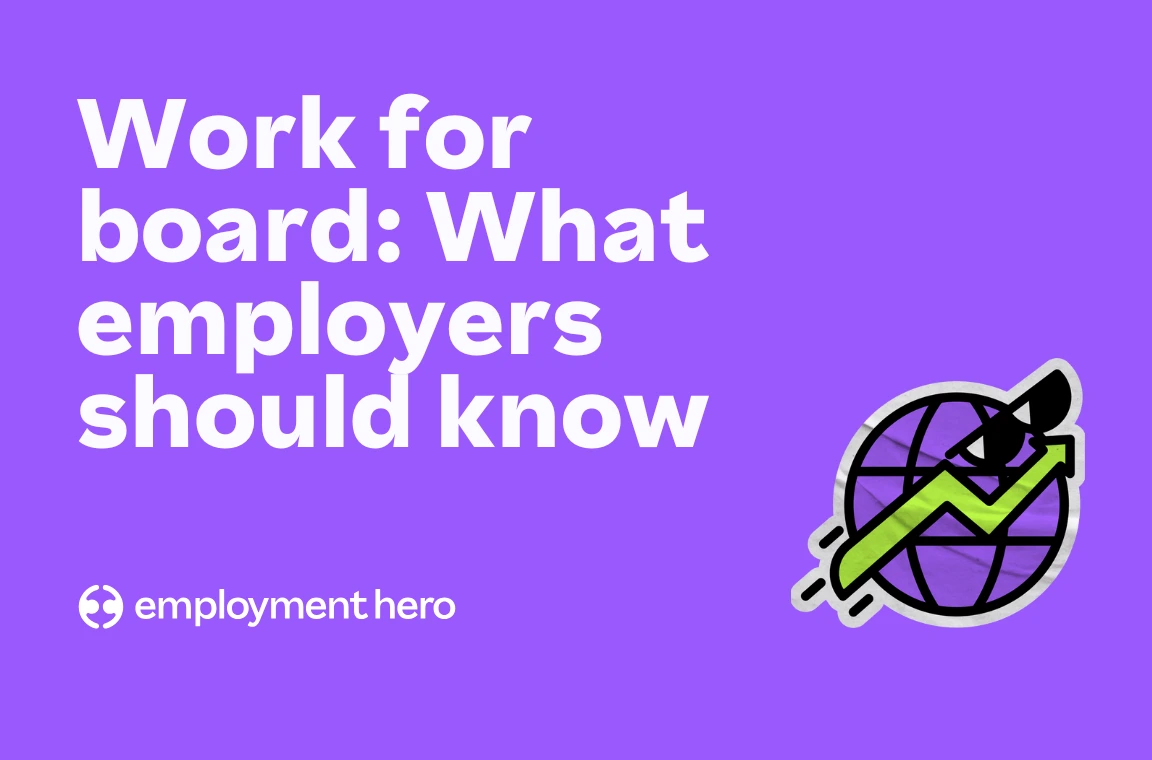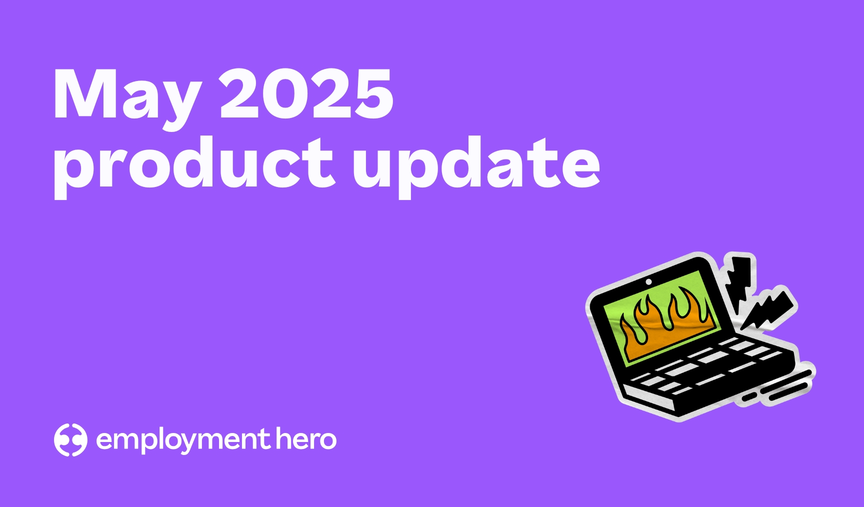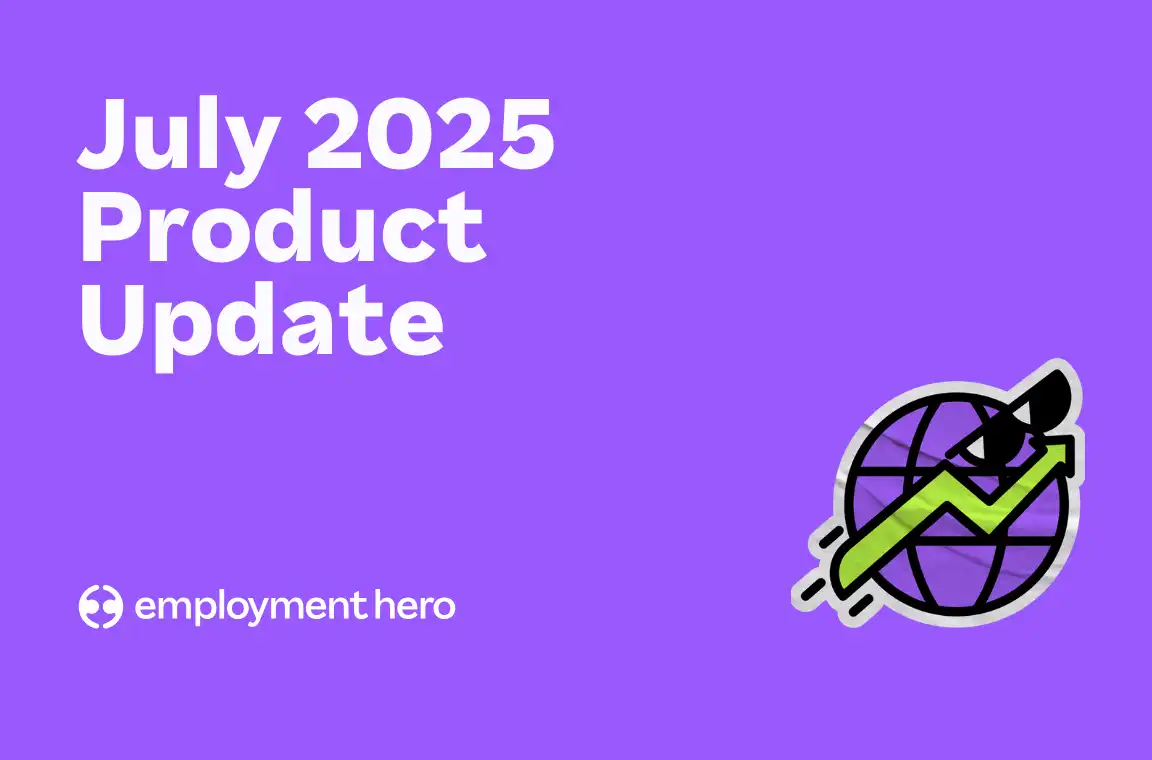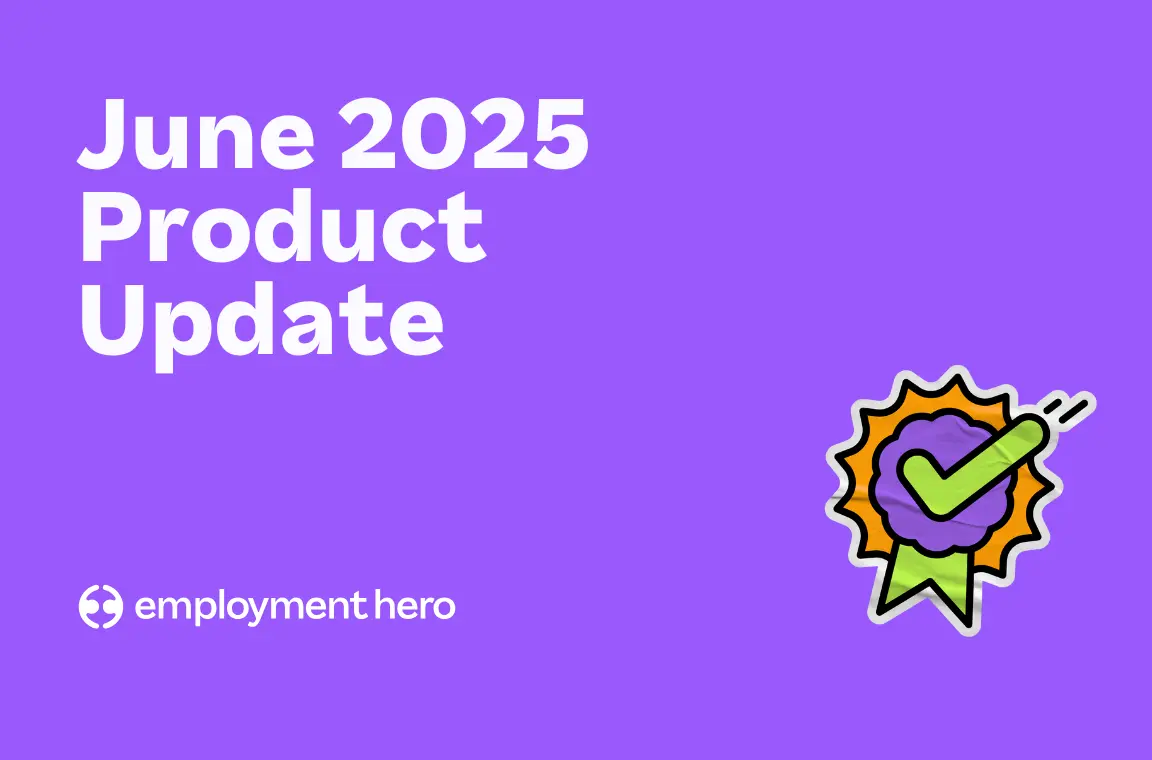Accommodation included: What employers should know about work for board

Contents
Have you ever employed a worker where their accommodation has been part of their remuneration? In New Zealand, this practice can be quite common in industries like farming, tourism and hospitality, or when you’re operating somewhere particularly remote.
Unfortunately, common misunderstandings about the legal requirements behind the arrangement can land employers in serious legal trouble. Some businesses confuse an employee for a volunteer, accidentally breaching fundamental employment rules. Others might not know that providing accommodation comes with its own conditions and responsibilities.
We’re here to share the Government guidelines around working for board as clearly as we can. As ever, this isn’t legal advice, so we’d highly recommend you seek independent legal counsel before formalising any arrangements.
Volunteer or employee?
When it comes to working for accommodation, some employers will mistakenly pay their workers only in lodgings (accommodation) or board (accommodation and meals). And since they’re not receiving a wage, the employer may deem the workers to be ‘volunteers’.
However, legally that’s not correct. The Ministry of Business, Innovation and Employment (MBIE) explicitly explained a few years ago that as ‘a person of any age employed by an employer to do any work for hire or reward under a contract of service’, they fit the definition of an employee under the Employment Relations Act 2000.
If a worker meets any of the following conditions, they could potentially be classified as an employee:
- The worker is being paid for their work – including rewards like board or lodgings
- The worker is performing tasks that are integral for the business
- Their hours of work are controlled
If legally classified as an employee, these workers should be provided the standard protections afforded by New Zealand employment law. That means receiving their minimum employment entitlements, including at least the minimum wage.
It’s not sufficient to use accommodation as payment. Instead, payment for work must be done with money.
Employee minimum rights
As employees, workers have the following rights to:
- Have a written employment agreement
- Be paid at least the minimum wage for all hours worked
- Be paid in cash
- Not have money deducted from wages unless agreed to or legally obligated
- Have regular rest and meal breaks
- Receive relevant leave entitlements, in keeping with the Holidays Act 2003
- Resign at any time, working the notice period set out in their employee agreement
- Access the records that their employer has about their employment
Guidelines when deducting board
Employers and their employees are free to make an arrangement around accommodation and meals. The employer can either provide those for free, or if agreed to by the employee, can deduct costs from their wages. For your own compliance as an employer, it’s critical that these arrangements are set out in writing.
The deductions have to be deemed a reasonable cost for board. If there’s no specific agreement around the cost, employers are legally required to deduct no more than 15% of the employee’s wages for food and accommodation, or 5% for accommodation only. This follows provisions in the Minimum Wage Act 1983.
Finally, staying in the accommodation should be optional, and can’t be a condition in order to work in the role.
Immigration and tax
Sometimes employees who have accommodation with their role will be coming from overseas. As an employer, you have a responsibility to ensure that your workers have the legal right to work in New Zealand. That includes having a work visa, rather than a visitor visa.
When it comes to tax, the value of the accommodation is taxable when used for lodgings. In keeping with the rules of employment, all the standard Inland Revenue deductions should be made from the employee’s pay as well, including PAYE. It’s worth noting that this may not include KiwiSaver, since only New Zealand citizens or permanent residents are eligible for the scheme.
Record-keeping
Compliance starts with written documentation. Get everything in writing, including a formal employment agreement, the terms of any deductions for board or lodging, and the employee’s agreement to the terms.
Remember as well that all employee records of wages, time, leave and relevant personal information need to be kept for a minimum of seven years.
The accommodation
Just as employers have health and safety responsibilities for their place of business, they also have responsibilities for any accommodation they provide. According to WorkSafe, PCBUs (Person Conducting a Business or Undertaking) should ensure that their workers are not exposed to health and safety risks from the accommodation.
Essentially, employee accommodation should include adequate facilities and amenities and should be kept clean and hygienic. It should also be soundly built from weatherproof materials and if new, should comply with the Building Act 2004.
There are quite a few more detailed guidelines that can be found on the WorkSafe website around the size of rooms, provision of furnishings and washing/laundry facilities. You can find the complete list here.
The wrap-up
The complexities of offering board or lodgings as part of employment shouldn’t put you off but the arrangement should be handled with care. As outlined by MBIE, a person working for food and/or accommodation in New Zealand is nearly always an employee, and they should be treated as such.
That means that they’re paid in money for the work that they do and that board should only be included in addition for free, or for a mutually agreed wage deduction.
To protect your business from the risk of legal challenges and costly penalties, you’ll have to pay your employee at least the minimum wage in money, adhere to the legal limits on deductions, fulfill your tax obligations and ensure safe accommodation. And of course, we’d always highly advise that you seek your own independent legal advice – this will ensure you’re on the right side of New Zealand employment law.
Get these basics right and you can confidently offer accommodation to your valuable team.
Take the pain out of compliance with Employment Hero’s Employment Operating System
It can be daunting being an employer in New Zealand. From leave entitlements to employment agreements, it’s a lot of admin to stay on top of.
That’s where our Employment Operating System comes in handy. An all-in-one employment solution, it offers everything from HR and recruitment, payroll, employee engagement, EAP services and much more. It’s the easiest way to bring all things employment into one central place.
And, if you’re concerned about legal risks like mistakenly defining an employee or paying them incorrectly, our HR advisory team can help. They’re local experts in employment law, and just a phone call away for our New Zealand customers.
If you’re ready to streamline employment in your business, get in touch with one of our business specialists or see us in action with a quick demo.
The information in this article is current as at 26 August 2025, and has been prepared by Employment Hero Pty Ltd (ABN 11 160 047 709) and its related bodies corporate (Employment Hero). The views expressed in this article are general information only, are provided in good faith to assist employers and their employees, and should not be relied on as professional advice. Some information is based on data supplied by third parties. While such data is believed to be accurate, it has not been independently verified and no warranties are given that it is complete, accurate, up to date or fit for the purpose for which it is required. Employment Hero does not accept responsibility for any inaccuracy in such data and is not liable for any loss or damages arising directly or indirectly as a result of reliance on, use of or inability to use any information provided in this article. You should undertake your own research and seek professional advice before making any decisions or relying on the information in this article.
Related Resources
-
 Read more: Product Update: August 2025
Read more: Product Update: August 2025Product Update: August 2025
Contents API and Integrations Expanded Open API access Available to Classic Platinum and EOS Plus and Unlimited subscription tiers We’re…
-
 Read more: Product Update: July 2025
Read more: Product Update: July 2025Product Update: July 2025
A big hello from the Employment Hero team and welcome to the July 2025 product update. We’ve got lots to share…
-
 Read more: Product Update: June 2025
Read more: Product Update: June 2025Product Update: June 2025
Follow our June 2025 product update as we share all of the latest and greatest features we’ve released over the…





















